Teeth play a crucial role in your horse's overall health and well-being. After all, your horse's teeth grow (and wear down) throughout their lives, and irregularities such as points, sharp edges or crooked wear can lead to pain, chewing problems, colic, weight loss and impaired well-being.
Regular dental checkups by your veterinarian or equine dentist can ensure that your horse's teeth are healthy and balanced.
Why is it important to check your horse's teeth?
Prevent dental problems
Horses have teeth that continue to grow throughout their lives. If teeth do not wear down evenly due to improper chewing or misalignment, sharp edges, hooks or waves can develop, causing pain and discomfort.
Improve feed efficiency
If a horse has dental problems, it may have difficulty chewing feed properly. This can lead to poor digestion, colic, weight loss or inadequate utilization of nutrients in the feed.
Prevent pain and behavioral problems
Dental problems can cause pain, which can lead to behavioral changes such as difficulty riding or reluctance to work, resistance to the bit, head shaking or general irritability.
Prevent serious complications
Regular checkups can reveal problems such as infections, loose teeth or more serious conditions such as gingivitis and tooth root problems. Untreated dental problems can lead to serious complications such as tissue damage in the mouth, decayed teeth and, in extreme cases, infections that can spread to the jawbone or other parts of the body.
How often should you check your horse's teeth?
- Young horses (2-5 years old): check preferably often because their teeth and jaws are developing rapidly.
- Adult horses (5-20 years old): should be checked at least once a year.
- Older horses (20+ years): should be checked more often because they can develop age-related dental problems.
Regular dental checkups are essential for your horse's well-being, performance and quality of life!
Did you know:
- Tooth structure: Horses have hypsodontic teeth, meaning their teeth continue to grow throughout their lives.
- Number of teeth: An adult horse usually has between 36 and 44 teeth. Stallions and geldings tend to have more teeth (wolf teeth and canines) than mares.
- Wear: Horses' teeth wear naturally when they chew food, but a "crooked" bite or tooth position can lead to abnormal wear.
- Wolf teeth: These small teeth in front of molars can cause problems when chewing and are therefore often removed.
- Role of feed: Roughage such as hay and grass helps with natural tooth wear, while a diet consisting mainly of concentrate can contribute to uneven wear.
- Age and teeth: The condition and appearance of teeth change with age and are often used to estimate a horse's age.
- Dental problems in young horses: Horses between the ages of 2 and 5 years can experience problems with molars, with baby teeth falling out and being replaced by permanent teeth.
Extend the life of teeth.
Horses have a limited amount of dental material, and proper maintenance makes teeth last longer. For most horses, regular dental checkups are recommended at least once a year, but younger, older horses or horses with known dental problems may require more frequent checkups.
Remember: This InfoBlog is based on our (the people behind Equinics) personal experience, both in terms of the problems, products, therapies and gadgets discussed, as well as our equine experience in general. 😃 We would like to emphasize, that we believe you should always ask your veterinarian for advice, if your horse needs help.😊

